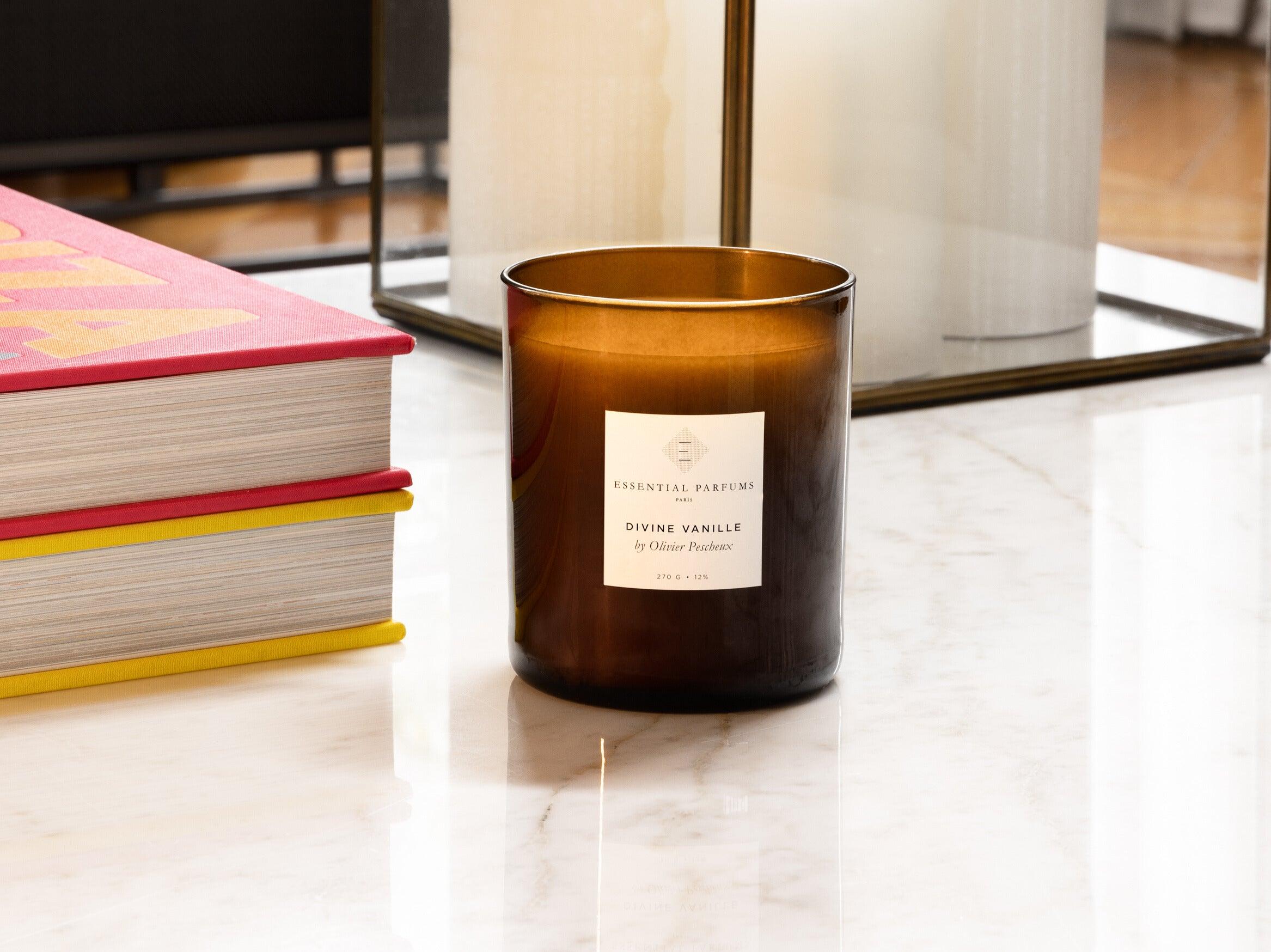
Understanding Fragrance Notes & Families: How to Choose a Scent You’ll Love
Choosing the right fragrance can feel like a game of trial and error, especially when everything sounds so poetic on paper but smells totally different on your skin. If you’ve ever wondered “Why do I love some scents instantly but others give me a headache?”, it all comes down to understanding fragrance notes and families.
This guide will break down the basics so you can shop smarter, discover what truly resonates with your nose, and finally start choosing fragrances you’ll love before you even spray.
1. What Are Fragrance Notes?

Think of fragrance notes like musical chords, each one plays a role in the overall composition. Notes are divided into three layers:
- Top Notes: What you smell immediately. Often citrusy, fresh, or herbal. They evaporate quickly (within 15–30 minutes).
- Heart (Middle) Notes: The “soul” of the fragrance. Usually florals, spices, or fruits. They emerge after the top notes fade and last several hours.
- Base Notes: The longest-lasting part. These include woods, musks, ambers, and resins — the warm, grounding notes that linger for hours.
Pro Tip: If you hate the opening but love how it smells later? That’s your heart and base notes doing their thing.
2. The Main Fragrance Families (And What They Smell Like)

Fragrance families help you identify the “vibe” of a scent. Once you know which ones you gravitate toward, shopping gets way easier.
-
Citrus / Fresh
Notes: Lemon, bergamot, grapefruit, neroli
Feels: Bright, clean, energizing
Perfect for summer days or a fresh-out-the-shower feeling -
Floral
Notes: Rose, jasmine, orange blossom, iris
Feels: Romantic, elegant, classic
Great if you love feminine or soft, airy fragrances -
Woody
Notes: Sandalwood, cedar, vetiver, oud
Feels: Grounded, smooth, rich
If you love warm, comforting scents or earthy elegance, this is for you -
Green
Notes: Galbanum, basil, mint, violet leaf
Feels: Crisp, earthy, outdoorsy
Think nature walks and cool gardens — fresh but not citrusy -
Spicy / Oriental
Notes: Cinnamon, cardamom, saffron, clove
Feels: Warm, sensual, mysterious
Perfect for date nights or cooler weather -
Aquatic / Marine
Notes: Sea salt, ozonic accord, marine notes
Feels: Breezy, watery, clean
Reminds you of beach air and blue skies -
Gourmand
Notes: Vanilla, caramel, coffee, chocolate
Feels: Sweet, cozy, edible
Great if you love dessert-like scents with personality
3. How to Figure Out What You Like

-
Scan your collection (or past faves):
Do you always reach for something citrusy? Obsessed with sandalwood? Make a note of the ingredients that show up often. -
Try samples in categories.
Rabica.ca offers a wide range of niche scents organized by note or fragrance family — making it easier to test out what works. -
Notice how scents evolve.
Some people love the opening, but not the dry down. Pay attention to how a fragrance changes over time. If you love the finish, base notes like musk, amber, or vanilla might be your thing. -
Go beyond gender labels.
Many “masculine” scents are amazing on women and vice versa. It’s all about the notes — not the marketing.
4. Common Descriptors and What They Actually Mean

- “Clean” = Often soapy, aldehydic, or musky
- “Dark” = Spicy, woody, resinous, or incense-heavy
- “Fresh” = Citrus, aquatic, green, or herbal
- “Powdery” = Iris, musk, violet, or heliotrope
- “Creamy” = Sandalwood, vanilla, or milky florals like frangipani
Understanding these terms will help you decode fragrance descriptions, and avoid blind-buy regret
5. Final Spritz
Your signature scent isn’t just about what smells good, it’s about what feels like you. Once you know your favorite notes and families, fragrance shopping becomes less overwhelming and way more exciting.
Ready to find your match? Start exploring by note, season, or mood right here on Rabica.ca, where your next favorite scent is only a spritz away.







